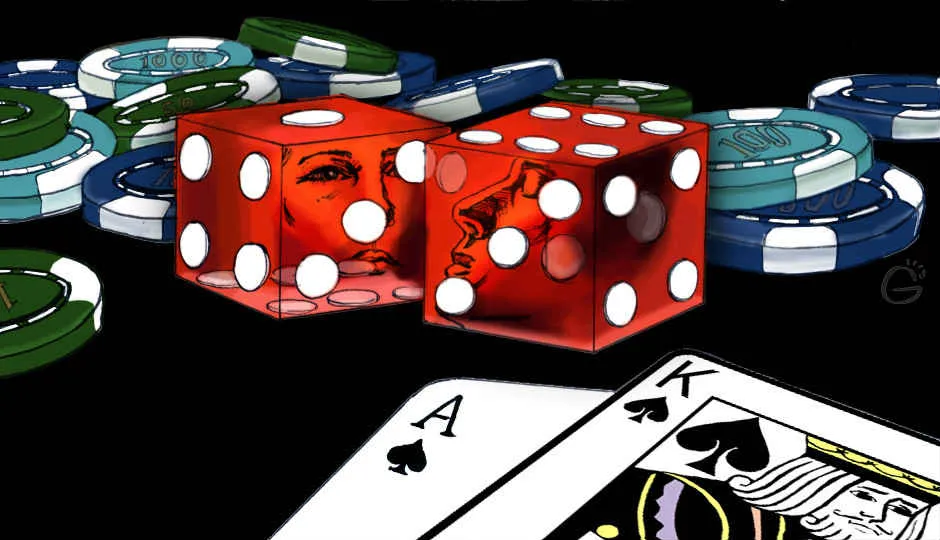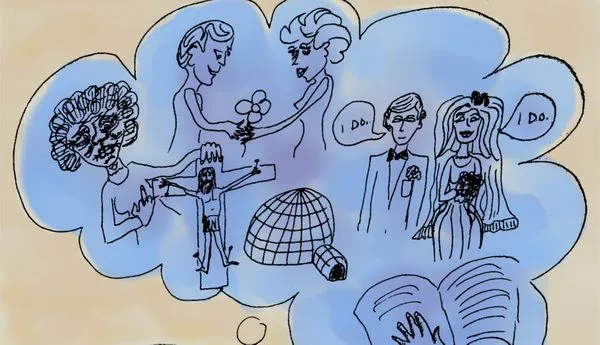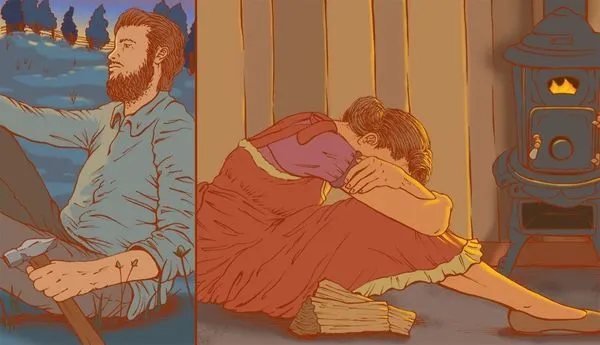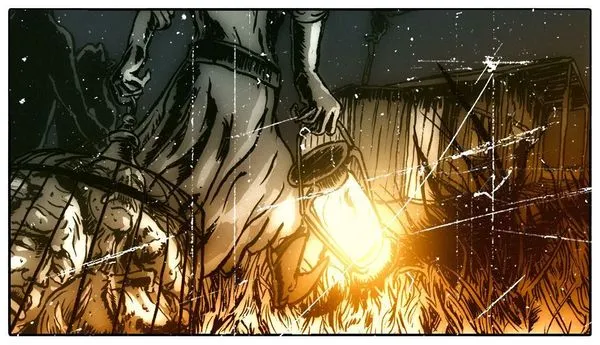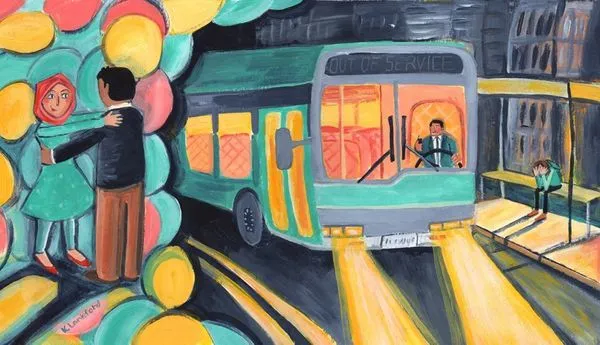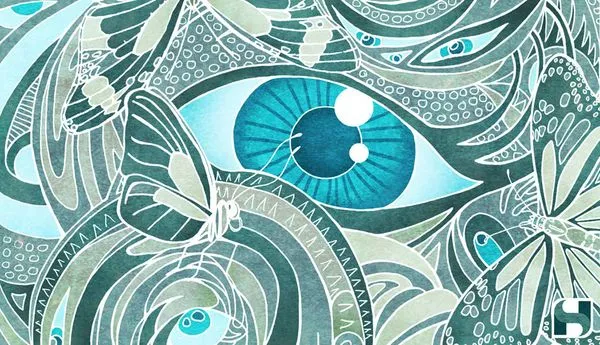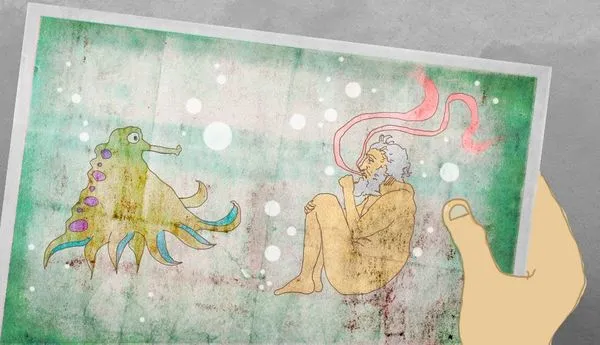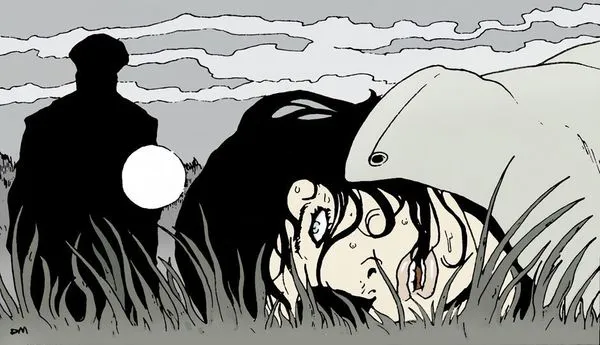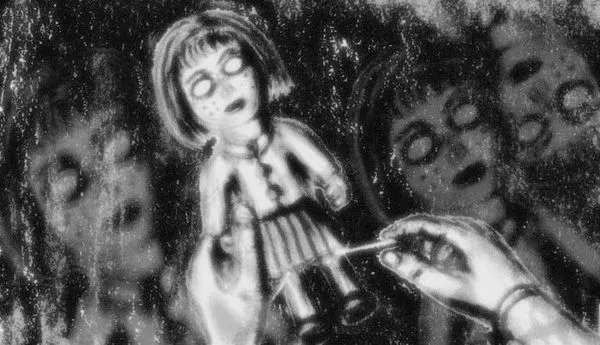The Number Reader
Published on 2013-04-17
His father called him strange. He did not like his son’s Greek name. He was afraid that as king Oedipus had killed his father, the boy would bring disaster on his career.
Each time he tried to understand his extraordinary answers, he looked like a benevolent giant. He looked at Oedipus the way a giant would look at a mosquito. He found him small but threatening.
Dad spent his Sundays in the basement tool room where he had gathered the symbols of his old kingship: Sport mallets hanging in belts like swords; football helmets and one-bar face masks dangling from hooks as if from a knight’s collection; a couple of shoulder pads neatly placed like hauberks on the scarred counter. He never wore the same number throughout his career. He never gave anyone a second chance.
Oedipus loved him. He loved him when the man became lost on his own street and when he forgot the simplest words and yelled, and cried. He loved him so much he wanted to kill him.
His mother was the mind and his father was the body: The hairdresser and the coach. As a kid, he might have been the soul of their marriage. But when his mother set three white doves free at her husband’s funeral, and one of them landed back frightened on his boyish shoulder, Oedipus wondered about the depth of his soul. Was he brave enough to determine his destiny?
Now, in his 40’s he leaves the lights on during the night to make up for the large black emptiness in his days.
How does the rain sound on the grass, mother? You never really liked my odd questions but you did your best to answer me. All these years, I’ve never stopped thinking about things I would love to ask you. In fact I still scribble them down, my private remission of sins, on tiny pieces of paper I slip into my suitcase wherever I go. That’s the way I take the measure of your absence, by questions coming too late. You know what I’ve missed most? The way you pronounced my name. Oe-thi-pus. And your belief that I would be lost without you. That is still the most heartbreaking thing anyone has ever told me.
But I’m not lost, mother, and that is what wrecks me. No one gets lost, no matter how vast the void is. Humans are like rain-worms, they pull themselves together even after they have been cut in half. Survival is such a base accomplishment. There is nothing wondrous, nothing hard about surviving on what is left, a half of what one was. I am sure that you would never make it without me. And I’m ashamed that I have.
I can see you dressed up to go for our walk every Saturday evening, the two of us against people’s faces. There is always an acid taste in my mouth as I see your eyes, even now, glimmering like the streetlights, like the souls you said would try to track one from up there. We had such a wonderful time together that I knew I didn’t need other women in my life. You were gazing at me proud, devoted, your beauty reserved for me alone. The world was jealous and I thought to myself that every mother with her son is a woman in love with a male that belongs to her. I didn’t want to find another woman, mother. What kind of woman would be happy simply growing old by my side?
I remember when we stopped at that shop window on your birthday. You gazed at that pendant with such a childish gloom that I felt tears welling in my eyes. I had never seen sadness turn a woman beautiful for something she can’t have. You looked like a loveable, dreamy girl staring into the distance, afraid to ask for anything so as not to be refused.
That was the night I realized what fate is; longing for what God will never grant you. To latch onto the forbidden, to steal it for yourself with a will that becomes a second fate, as if God owed you. That night I knew I would always try to offer you everything that was not meant for you. I knew that the only way God would ever redeem me would be if I wasted His generosity.
I’m as sure as can be that this reckoning of fate was the cause of my first infatuation with numbers. People think that a math genius deals with his mind. They can’t see, mother, just like you couldn’t see. Only someone drowning in his desire can handle numbers recklessly, not as some sacred craft but as a measly excuse to win. It takes a degree of profaneness to predict numbers, the same degree needed to discern the countless opportunities one will have failed to seize. It was because of the numbers that I started to make money, mother. My gift was sick and vile, it was no grace, no godsend.
But that is how talent is. If you don’t debase it into something vulgar and trite, how can you protect it from other people’s envy? If you don’t drag it into dirt how can you ever ask to be forgiven for the misuses you will have committed.
I don’t know how I lost the gift, mom. I promise you, it never occurred to me that some day it will defeat me. Maybe I made up this second fate but I didn’t know how to use it. As in love, maybe, you have to kill it before it turns on you. And I couldn’t. I was weaker than my will. You know, the reek of the casinos still hovers above me, the vertigo of the tables, the cards revealing chance upon chance, my chances as I count them up. That meant the world to me; I had no other reason for being, no talent without my hand.
The only chance I failed to account for was that those people could hurt you, mother. They could use you to punish me. And I wasn’t there, mom. I failed to save you. I will live my life with the same question you had in your eyes the moment you knew they would kill you and you were ending alone.
Yet what is regret without failure of purpose? I didn’t have time to say I’m sorry. And it breaks my heart because the only chance I did not manage to reconfigure was in that moment. I pray every night, as you taught me to. All I ask God for is a number, a chance that to have you before my eyes for one second only, and to apologize. I hope you are waiting for me, mom. Every day I put on my Sunday best so that you can see me from up there.

